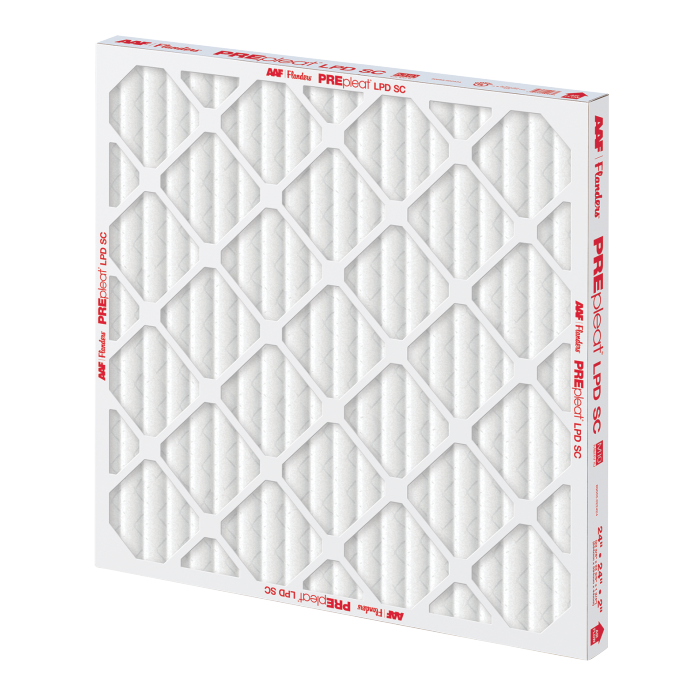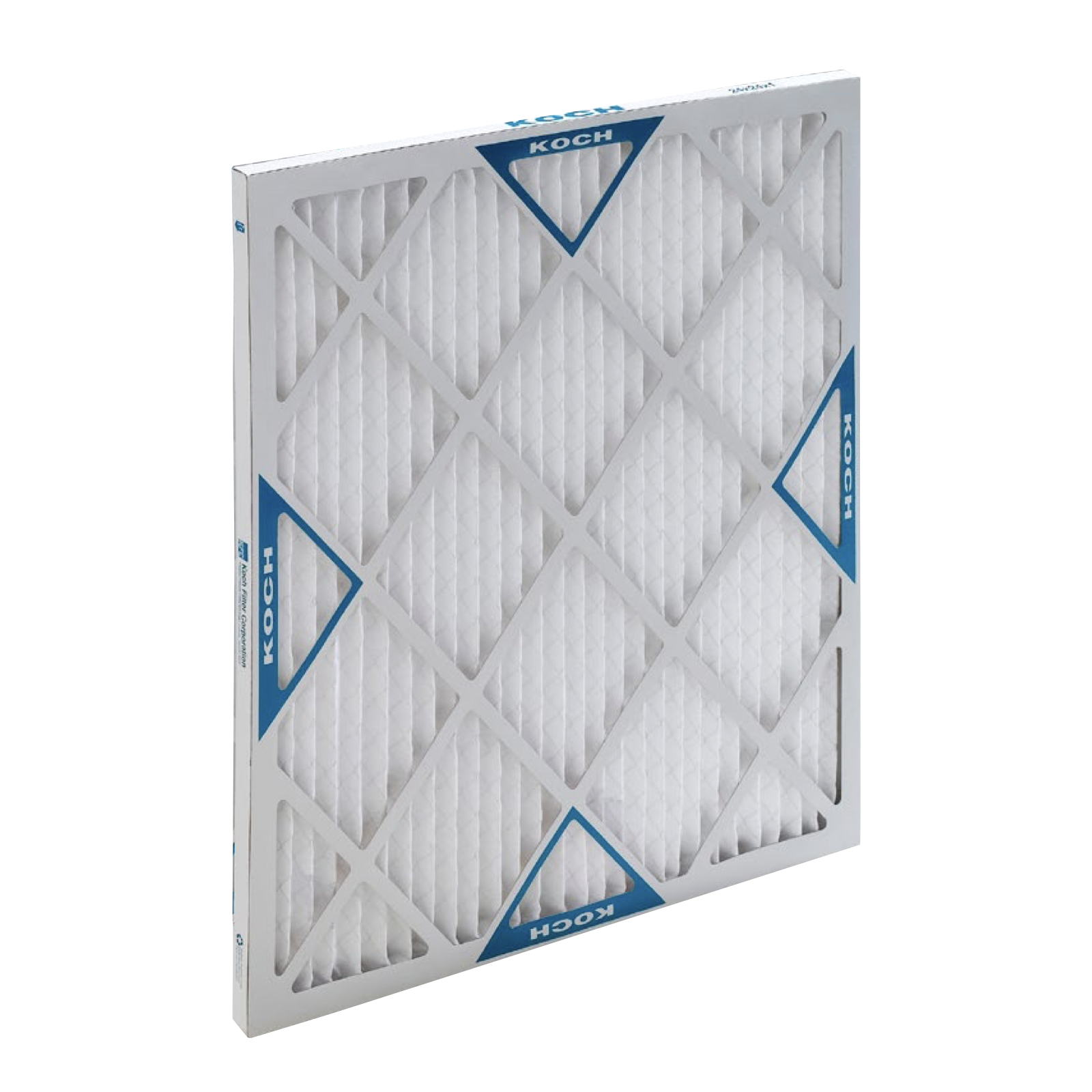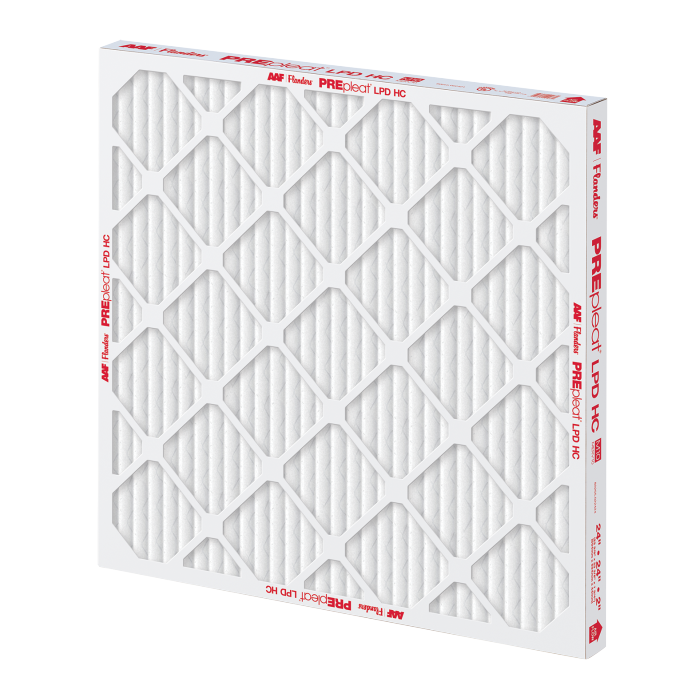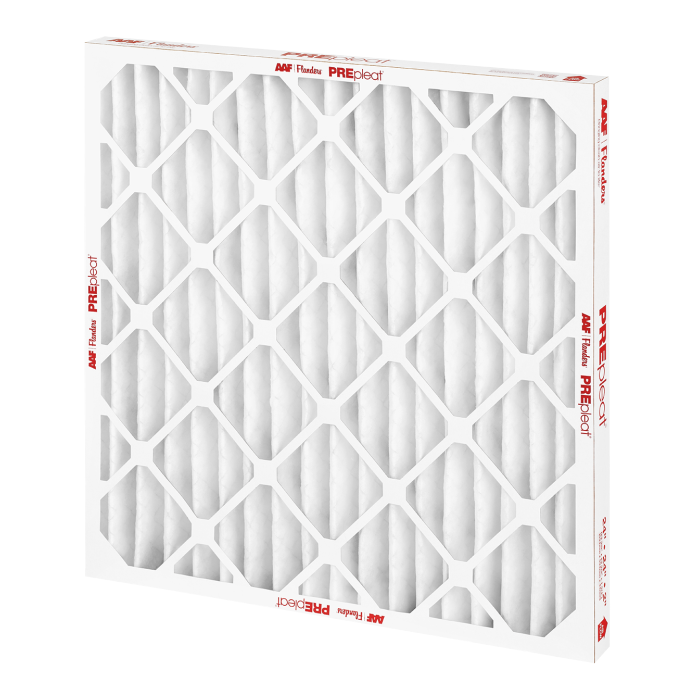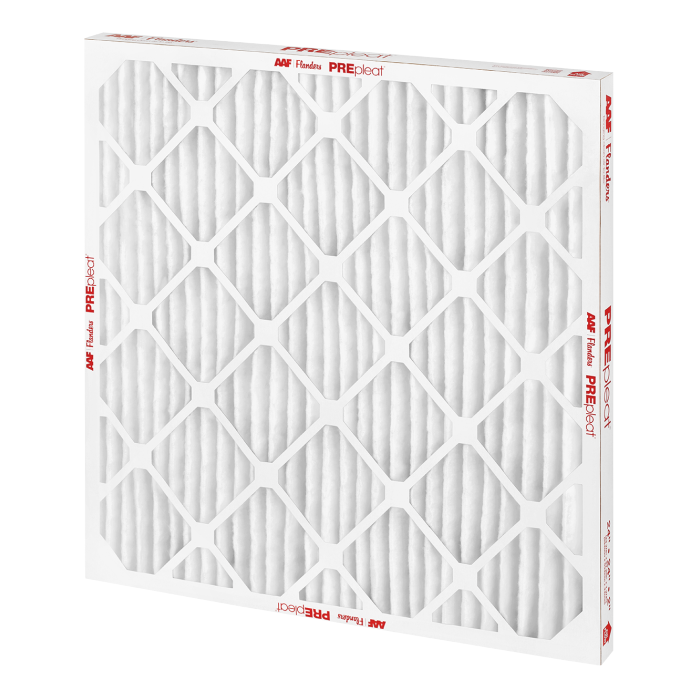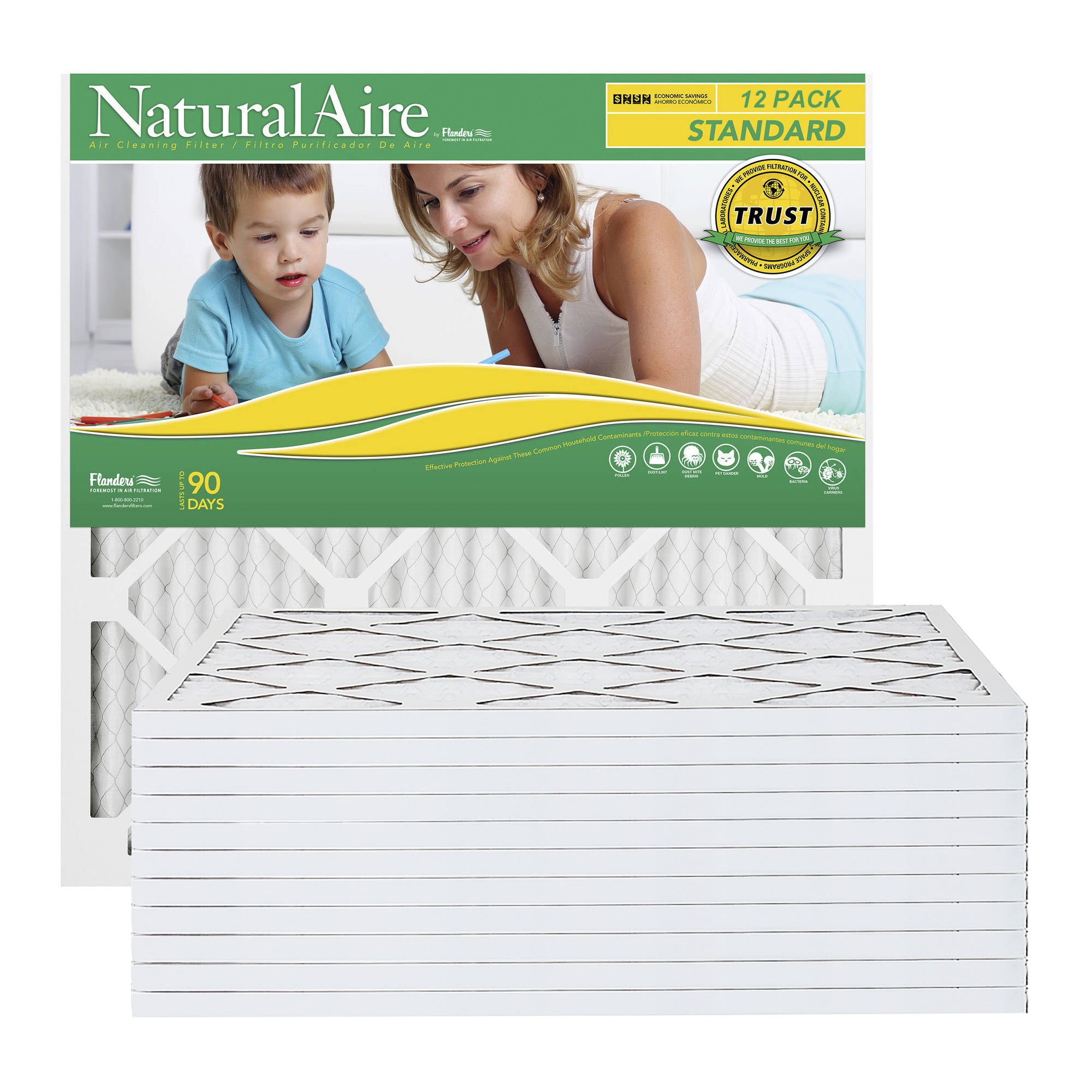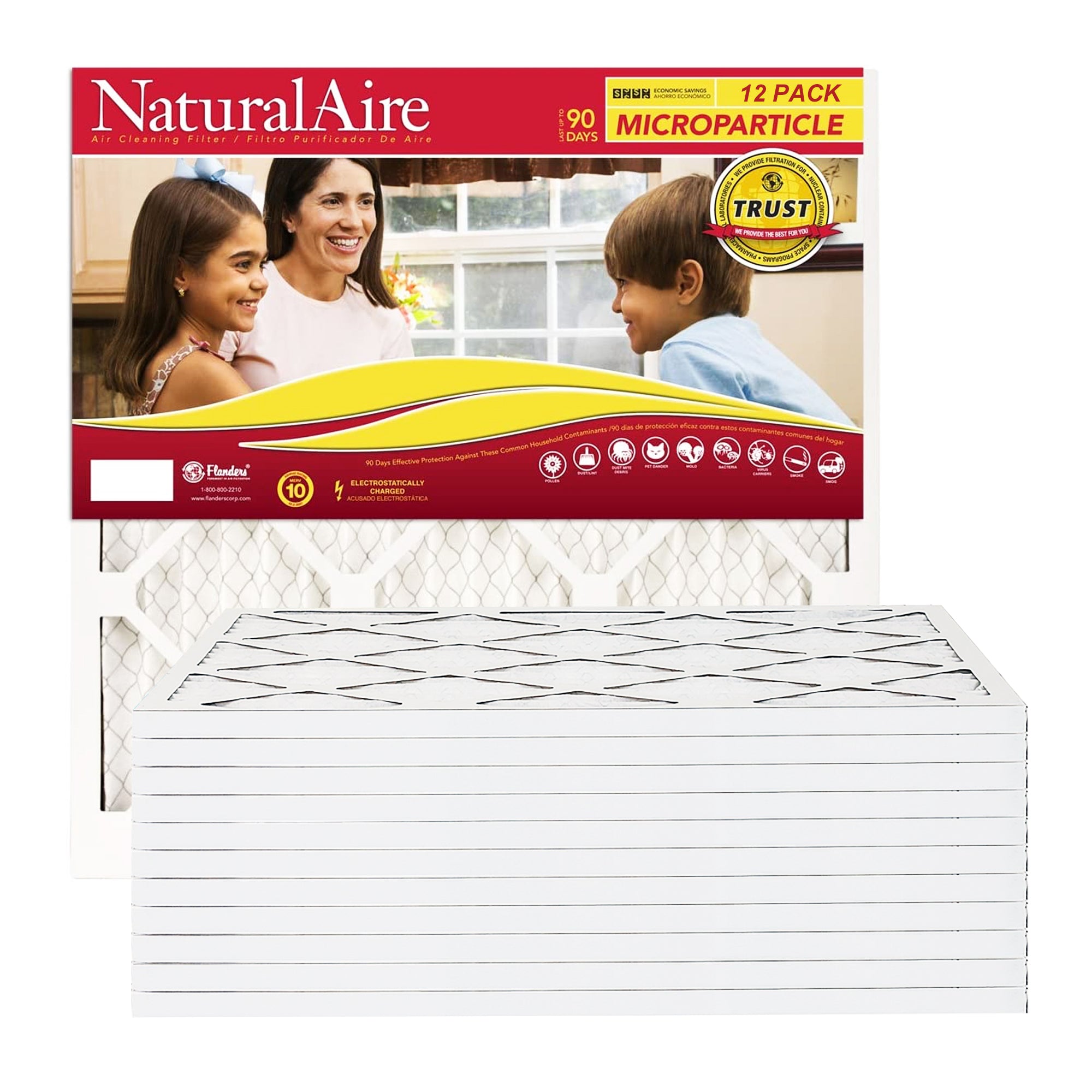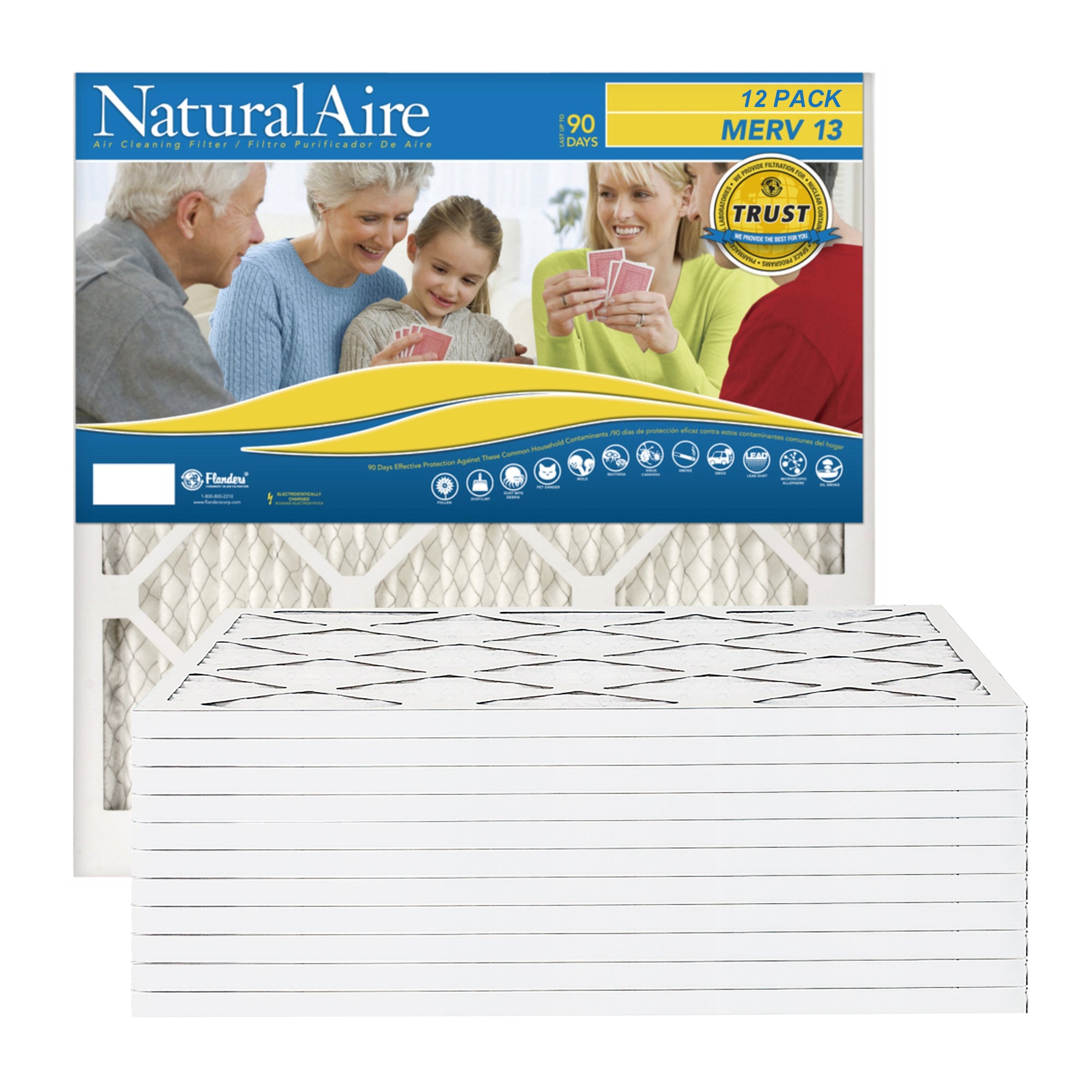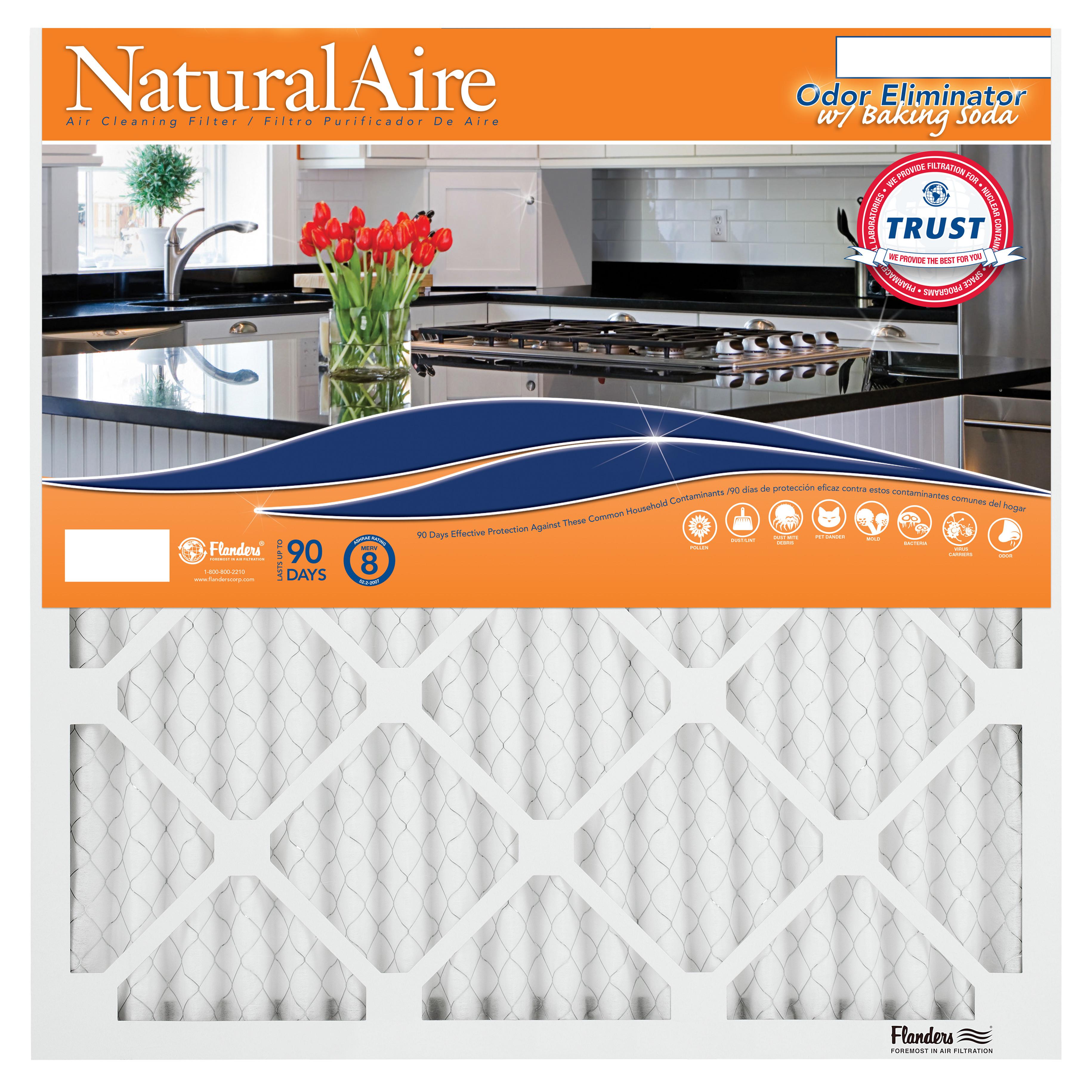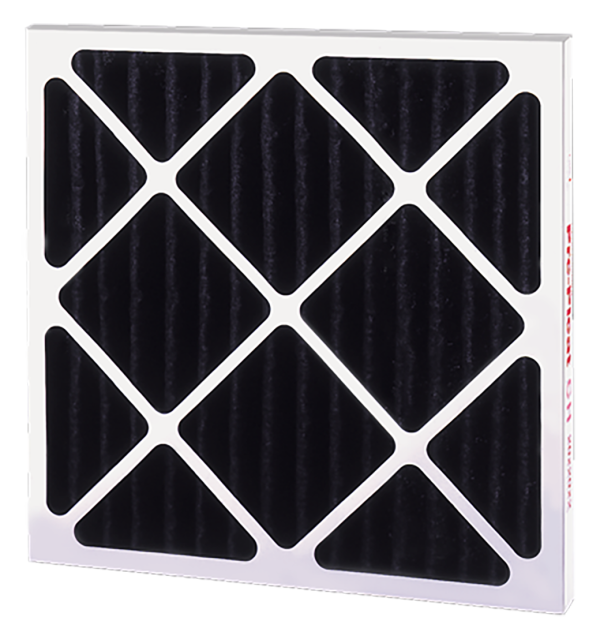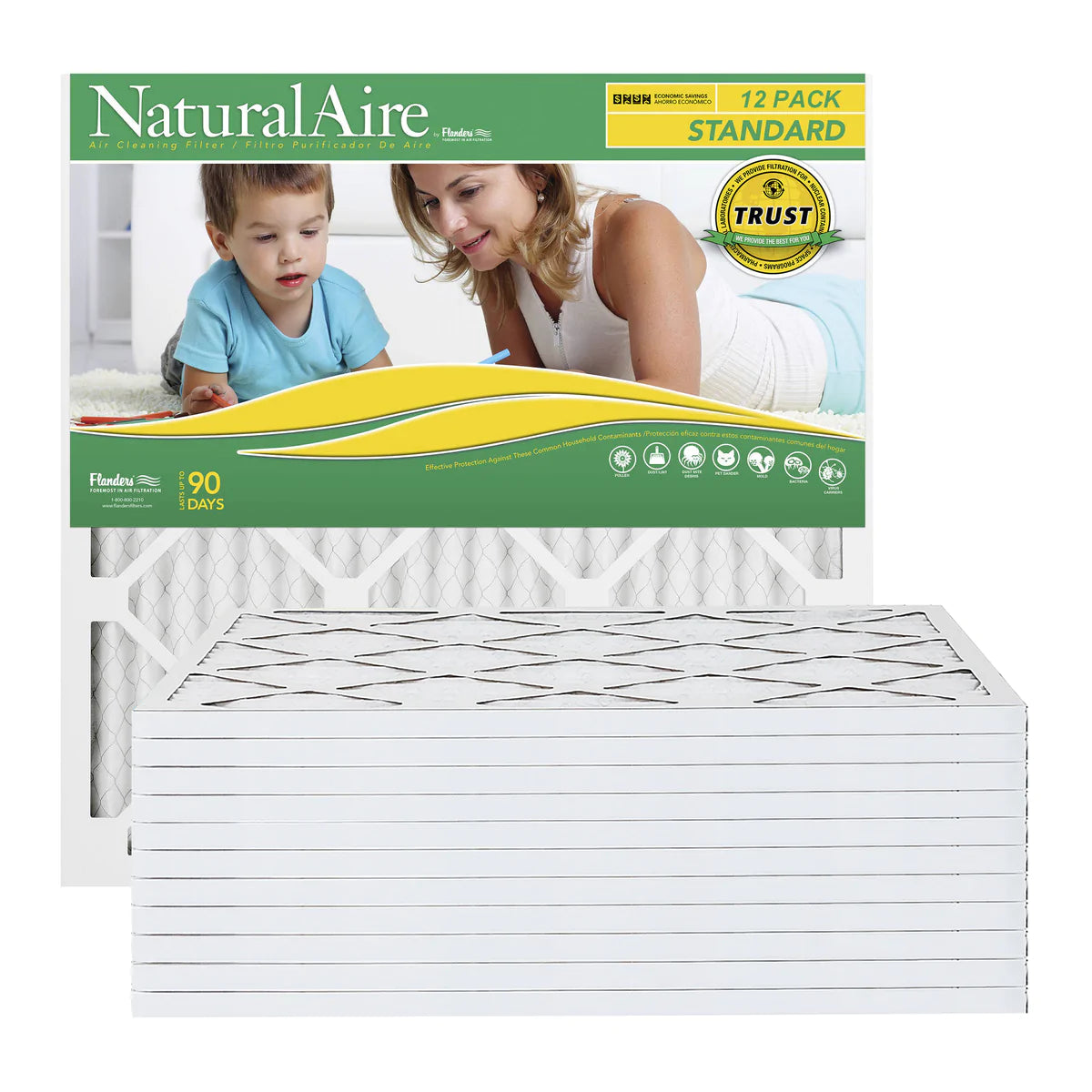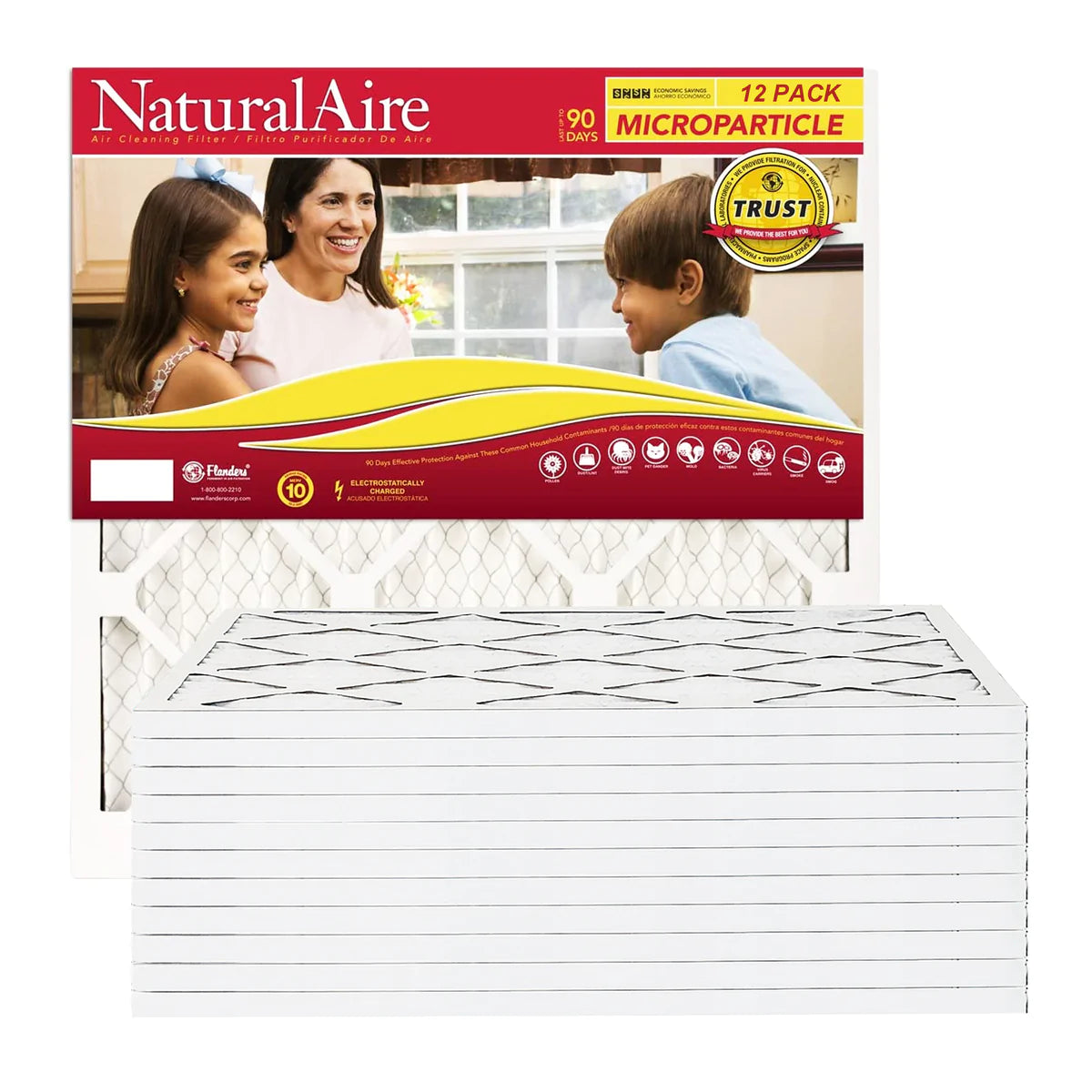If you are shopping for a new air filter, you might have noticed a MERV rating on the packaging. The Minimum Efficiency Reporting Value (MERV) rating is a measurement scale for an air filter’s ability to collect particles. With this in mind, here is your guide to MERV ratings and what this number tells you about an air filter.
MERV Ratings Between 1 and 4
On the lower end of the scale, MERV ratings between 1 and 4 mean that the filter will collect 20 percent of airborne particles between 3.0 and 10.0 microns in size circulating through your home’s atmosphere. Some examples of particles of this size include carpet fibers, dust mites, and pollen. These filters will restrict airflow the least but won’t be as effective at trapping particles as other filters.
MERV Ratings Between 5 and 8
Filters in this range are more effective at trapping particles between 3.0 and 10.0 microns. As the MERV rating gets higher, its efficiency at collecting particles increases.
In terms of maximum efficiency, a MERV 5 filter will collect 34 percent, MERV 6 will trap 49 percent, MERV 7 stops 69 percent, and MERV 8 filters can trap up to 85 percent of particles between 3.0 and 10.0 microns. Filters with a MERV rating between 5 and 8 will restrict airflow more but can catch hairspray, mold spores, and even cement dust.
MERV Ratings Between 9 and 12
As we enter the 9 to 12 range, air filters can trap particles between 1.0 and 3.0 microns. A MERV rating of 9 means that the filter can trap particles at less than 50 percent efficiency if they are between 1.0 and 3.0 microns but will trap particles between 3.0 and 10.0 microns at 85 percent efficiency.
Particles between 1.0 and 3.0 microns include pet dander, humidifier dust, lead dust, exhaust from a car, and milled flour. MERV 10 filters trap 1.0 and 3.0-micron particles at 64 percent, MERV 11 filters will stop up to 79 percent of particles, and MERV 12 will collect 89 percent. All filters with a MERV rating of between 9 and 12 will collect particles between 3.0 and 10.0 microns at 85 to 90 percent efficiency.
MERV Ratings Between 13 and 16
If your filter has a MERV rating between 13 and 16, you have one of the most efficient air filters on the market. These filters can trap particles that are tough to eliminate, such as tobacco smoke, bacteria, and even sneezes!
If you have a smoker in your family, you may want to look at HVAC filters online with a MERV rating between 13 and 16. Filters in this range will capture at least 90 percent of particles between 1.0 and 10.0 microns. In addition, these filters can collect particles as small as 0.3 and 1.0 microns with great efficiency.
After reading this guide, you should know all about MERV ratings and what the number tells you about the air filter. Now that you know what they mean, be sure to look out for them when shopping for a replacement air filter.


